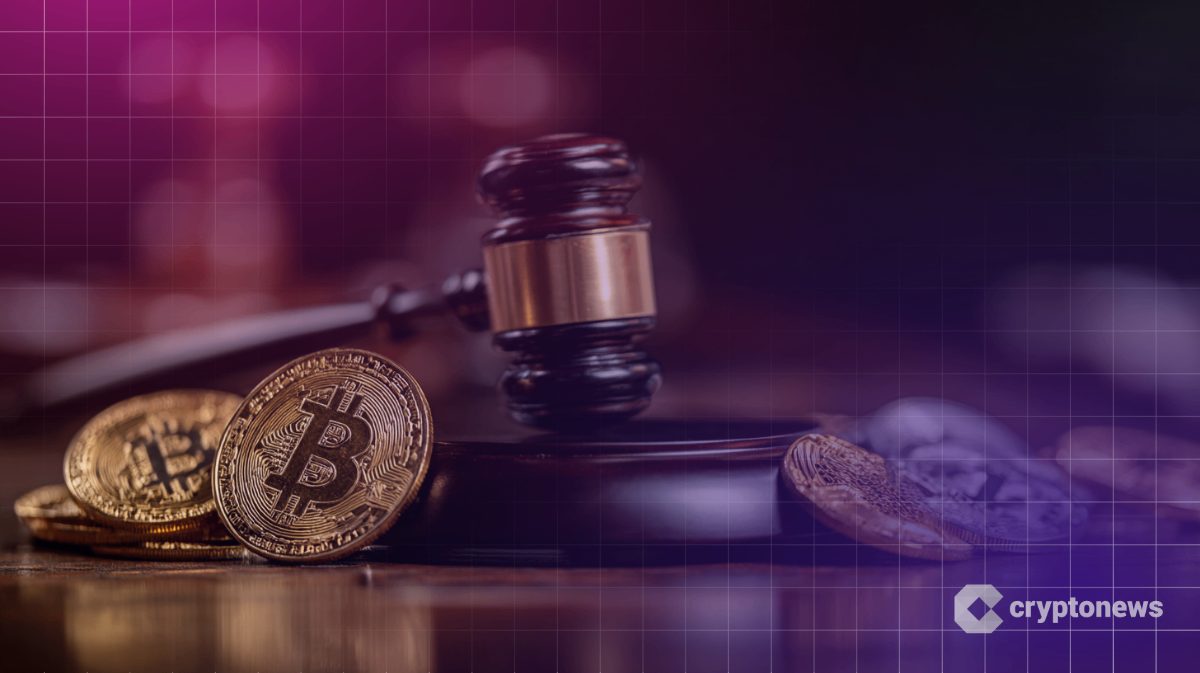Zeus Network’s btcSOL turns Solana staking into a Bitcoin on-ramp
For the first time, Solana users can grow their Bitcoin holdings without bridging or trading. Zeus Network’s btcSOL turns staked SOL into a passive Bitcoin minting machine, without middlemen or complex steps.
According to a press release shared with crypto.news on July 15, Zeus Network will launch btcSOL on July 17, allowing Solana (SOL) stakers to earn Bitcoin rewards in the form of zBTC, a Solana-native, non-custodial version of BTC pegged 1:1 to the original. Yield can be earned by locking up SOL or liquid staking tokens.
The move signals a deeper shift in how Bitcoin integrates with high-speed blockchains like Solana. While wrapped BTC (WBTC) and centralized alternatives have dominated cross-chain Bitcoin activity, Zeus Network is betting on a decentralized approach, one where users accumulate real BTC without relying on third-party custodians.
How btcSOL bridges Bitcoin and Solana without compromise
At its core, btcSOL functions as a yield converter that rewards staking SOL or liquid staking tokens automatically with Bitcoin-denominated returns. Here’s how it works: when users stake SOL via btcSOL, Zeus Network deploys that capital into automated yield strategies and converts the earnings into zBTC, which users receive daily.
Unlike wrapped BTC solutions that depend on centralized custodians, zBTC maintains a 1:1 peg through decentralized mechanisms, allowing redemption to native Bitcoin without KYC. For the first two weeks, whitelisted participants will earn double zBTC rewards, a tactical move that Zeus said is designed to bootstrap liquidity while testing demand.
Zeus Network’s push for native Bitcoin rewards on Solana isn’t just about convenience. It’s a strategic bid to reduce reliance on custodial bridges like WBTC. While WBTC dominates Ethereum’s Bitcoin ecosystem, its centralized minting process has long been a point of contention in DeFi. zBTC, by contrast, operates permissionlessly, aligning with Solana’s ethos of speed and self-custody.
To incentivize early adoption, Zeus has capped btcSOL at 75,000 slots and tied the launch to a basketball-themed campaign, complete with a 200% rewards multiplier and a Lakers ticket raffle.
You May Also Like

Animoca Brands and DDC Enter into $100 Million Bitcoin Strategic Partnership

Kamino adds tokenized stocks as collateral option via xStocks integration
